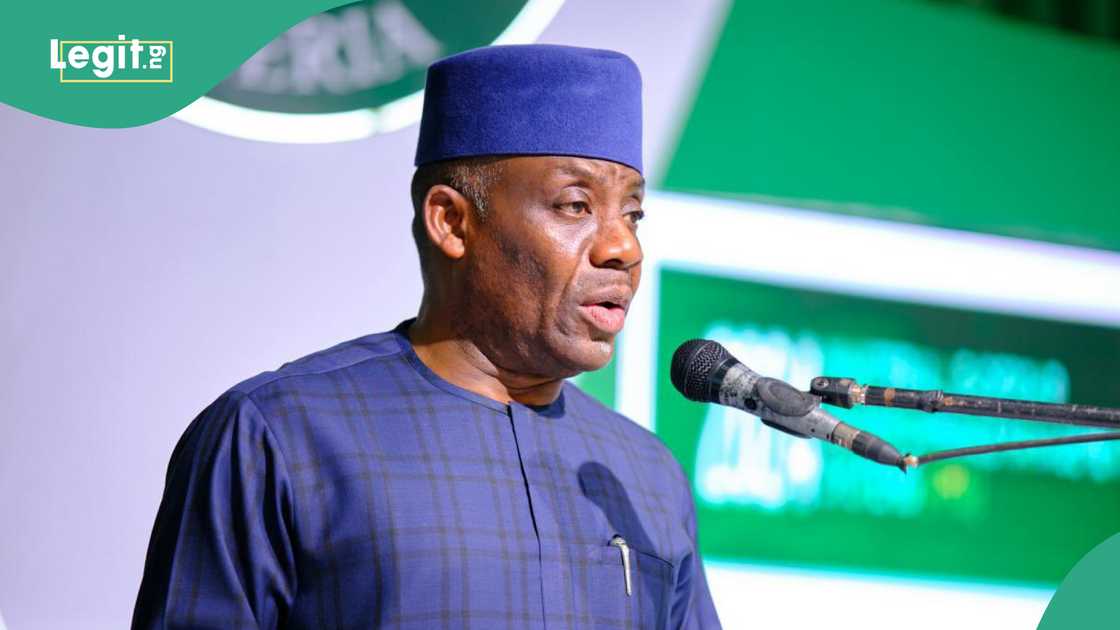Stakeholder Speaks on Reversal of the 2022 National Language Policy
- Oluwafemi Popoola said the reversal of the 2022 National Language Policy was guided by data and practicality
- He noted that children struggled under the previous mother-tongue policy and learning outcomes were compromised
- Popoola explained that the policy aimed to ensure access to global knowledge while keeping indigenous languages as compulsory subjects
Oluwafemi Popoola, an educator and journalist. has spoken on the recent reversal of the 2022 National Language Policy.
He described the decision to restore English as the sole medium of instruction as a practical move in a linguistically diverse country.

Source: Facebook
Popoola noted that while debates about “dying mother tongues” were understandable, the minister, Dr. Tunji Alausa, was guided by data rather than sentiment.
He noted that children were struggling under the previous policy, teachers were improvising translations for scientific terms, and learning outcomes were being compromised.
He said the policy reversal was “rooted in reality,” explaining that Nigeria has over 300 languages, making a fully functional mother-tongue policy difficult to implement nationwide.

Read also
Attacks and killings: Wole Soyinka slams ex-president, tells Tinubu what to do with foreign interventions
Practical challenges of mother-tongue education
According to the stakeholder, Alausa’s critics often compare Nigeria to countries like Japan, France, or South Korea, where students excel in their native languages.
However, he argued that such comparisons ignored Nigeria’s extreme linguistic diversity and the lack of standardised orthographies in many local languages.
He added that attempting to replicate research on Yoruba-medium instruction in linguistically uniform areas of the past, such as the Ife study by Babs Fafunwa, would be unrealistic in regions like Jos North, where up to 15 languages can be spoken in one local market.
English as a tool for global access
The commentator said Alausa’s decision did not dismiss indigenous languages but instead prioritised access to global knowledge systems.
He explained that most scientific literature, international examinations, and online learning platforms operate in English.
He stated that countries like Rwanda and South Africa had strengthened their academic and economic positions by ensuring linguistic coherence, and Nigeria risked lagging behind without a similar approach.
Balanced approach to bilingual education
While acknowledging the importance of mother tongues for culture and identity, the commentator said Alausa’s policy allowed these languages to remain compulsory subjects, ensuring students could learn English for mathematics and science, while retaining cultural literacy in their native languages.
He emphasised that “bilingual empowerment” would reduce confusion for parents, streamline teacher training, and better prepare students for WAEC, NECO, JAMB, and international exams.
He said that the policy reversal was not an attack on indigenous languages but a step towards future-proofing Nigerian children for global competition, adding that “English is practical, not superior, and our mother tongues can thrive in culture and storytelling.”
Don't miss out! Join Legit.ng's Sports News channel on WhatsApp now!
Source: Legit.ng



